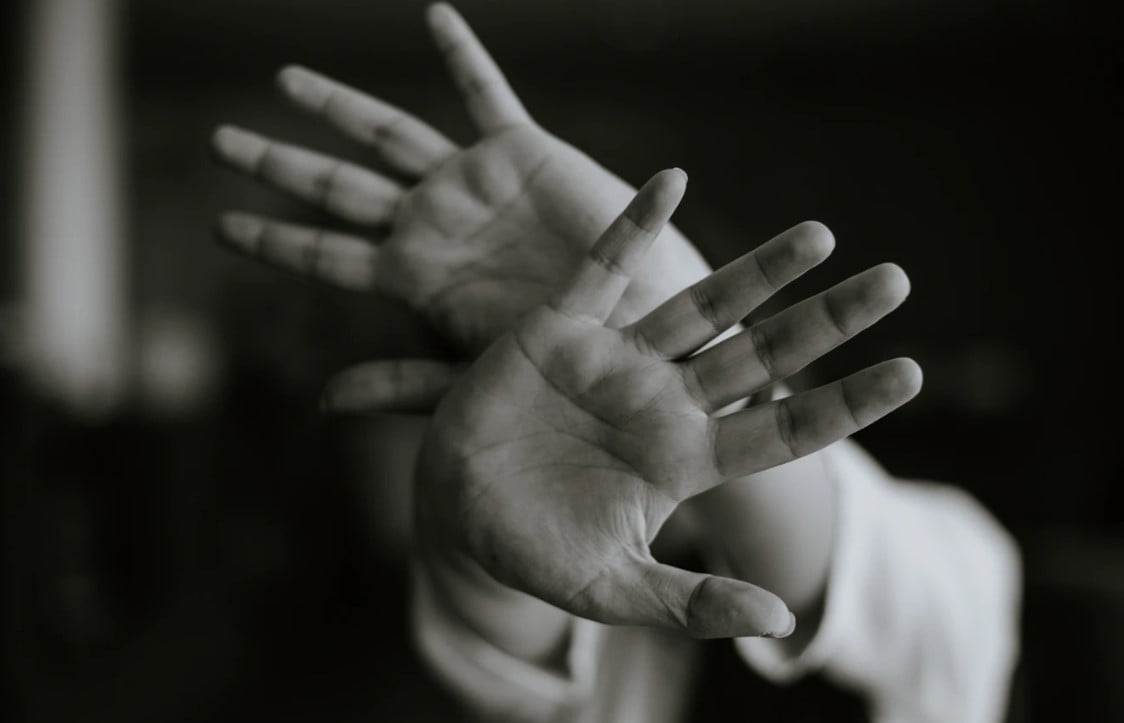The evidence is clear – Australians will be exposed to at least one traumatic event in their lives.
Traumatic events can come in all shapes and sizes however according to Phoenix Australia, the most common traumatic events people in Australia are exposed to are: the unexpected death of someone close to them; witnessing someone badly injured or killed or unexpectedly seeing a deceased body and being in a motor vehicle accident where there is a possibility of death.
Being exposed to a traumatic event can have a massive emotional impact on our well being and may leave us not feeling ourselves for a period of time.
To answer the question – am I susceptible to PTSD – is a hard one to judge. While 50-75% of people are exposed to trauma, only 5-10% will go on to develop PTSD (Phoenix Australia).
What are the common causes of PTSD?
Research has found that there are particular risk factors that may increase the likelihood of developing PTSD following a trauma. The Black Dog Institute identifies the following risk factors:
- Having a prior history of trauma such as childhood trauma
- The duration of the trauma, with longer duration increasing risk
- A family history of mental health problems
- Prior mental health diagnoses such as anxiety or depression
- A lack of social support from friends, family, colleagues and professionals
- Your job may also place you at greater risk, with first responders (i.e. police, ambulance officers, firefighters) and those in the military more likely to develop PTSD.
What are the symptoms of PTSD?
Of course, each of us is unique so we can all be affected in different ways. However according to Beyond Blue some of the more common symptoms or thoughts include:
- having trouble remembering important parts of the event
- having very negative beliefs about yourself, others or the world
- persistently blaming yourself or others for what happened
- persistently felt negative, angry, guilty or ashamed
- feeling less interested in doing things you used to enjoy
- feeling cut off from others
- having trouble feeling positive emotions (e.g. love or excitement)
How can I prevent PTSD?
How you react to trauma initially can give you a great risk of developing PTSD.
A scientific review has concluded that the way in which an individual makes sense of the trauma at the moment of exposure and the emotions they experience (i.e. fear, helplessness, horror, guilt and shame) play a significant role in determining whether they will go on to develop PTSD.
One key area that was focussed on was the action of dissociation during and immediately following the event was a strong predictor of PTSD.
Seeking support early can help.
Ultimately, most of us will avoid developing PTSD, it’s important to understand that if we or a loved one are at higher risk, it’s important to keep a close eye on the symptoms and take action as soon as you begin to worry.
If you need support – we’re here to help.
The Crawley Clinic offers a team of qualified, experienced, compassionate mental health professionals who can help you to bring about the changes you want in your life. Click here to book in with us.

